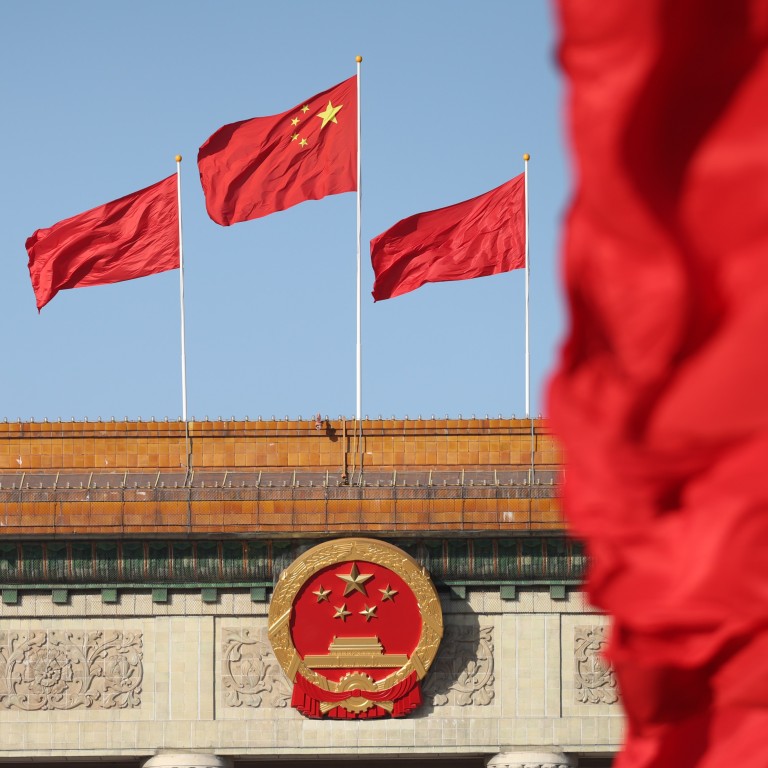
China plans new law to restrict business activities of civil servants
- It will be the first systemic legislation restricting current and ex-officials from dealings in the private sector
- A senior graft-buster made the announcement in state media but did not give a time frame
A senior Chinese anti-corruption official has announced that new legislation is planned to restrict the business activities of current and former civil servants.
“[We will] push forward national legislation on fighting corruption, and stipulate restrictions on civil servants … [from engaging in] part-time work, business activities, and employment after [they leave the job],” Xiao Pei, deputy director of top anti-graft body the Central Commission for Discipline Inspection, wrote in state-run People’s Daily on Monday.

Xiao’s article did not mention if there was any time frame to introduce the legislation.
A Beijing-based expert on the party’s anti-corruption drive noted that there had been efforts at different levels of the CCDI to regulate the behaviour of civil servants.
“[But] this is the first time the matter will be dealt with in a way that’s systemic and clear,” said the expert, who requested anonymity since they were not authorised to talk to media based outside mainland China.
Ex-official named and shamed by CCTV in China for supporting crypto mining
While there are regulations and directives in place that cover the business activities of incumbent and former civil servants, it is not clear how they are implemented.
A 2013 directive from the Central Organisation Department – which manages the party’s apparatchiks – states that for the first three years after leaving the job, a civil servant cannot take up employment in a region or business sector related to their former position.
Another regulation explicitly bans incumbent officials from running businesses or trading stocks. And under the existing Civil Servant Law, officials are banned from taking a senior post in a sector where their close relatives have business interests.
It is common for officials – especially those at the lower and middle levels in the big cities – to join the private sector after they leave government service, seeking more pay and fewer restrictions on their personal lives.
Many land jobs related to government relations in areas where they had previously worked in a supervisory or regulatory capacity when they were civil servants.
University students can now major in China’s anti-corruption drive
In his article on Monday, Xiao also pledged to focus the party’s anti-graft efforts on sectors where large sums of money and natural resources were involved. He said the party would go after cases where spouses or relatives of senior officials seek to exploit their power to gain benefits.

